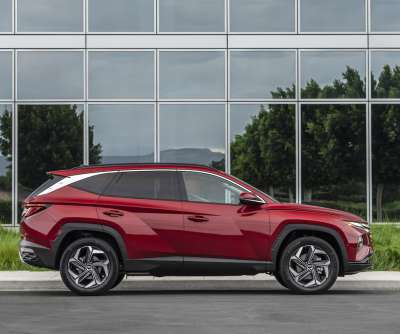MECA: industry could exceed relaxed US efficiency standards as it has to meet tighter standards elsewhere
Green Car Congress
APRIL 2, 2020
On 31 March, the US Environmental Protection Agency (EPA) and the National Highway Traffic Safety Administration (NHTSA) released the final rule for The Safer Affordable Fuel-Efficient (SAFE) Vehicles for Model Years 2021-2026. The final rule requires a 1.5% mpg and 199 g/mile CO 2 in 2026. Earlier post.).


























Let's personalize your content